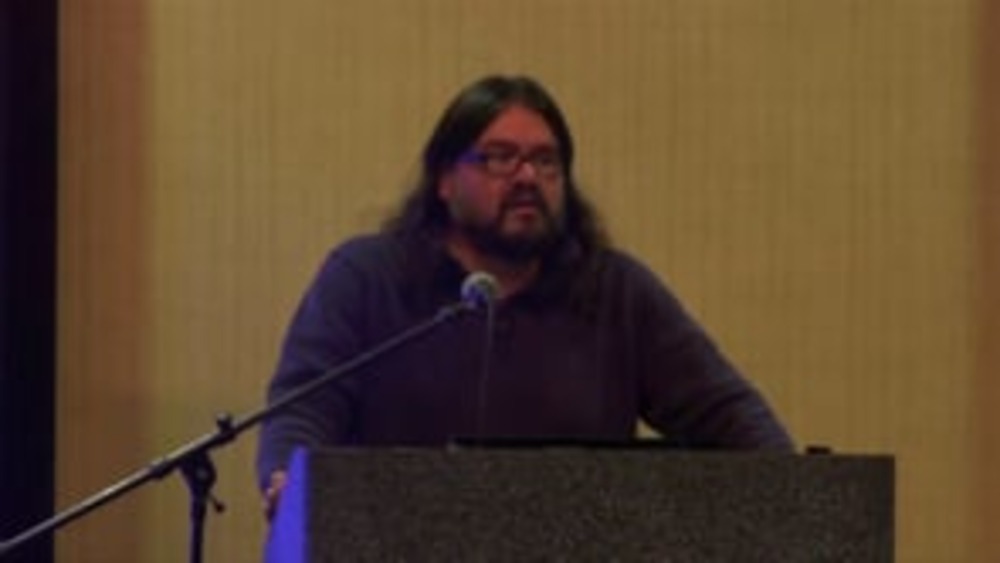Every tribe has its own rules for membership. Some tribes include lineal descent — proof that you descend from a recognized tribal member — while others have a blood quantum requirement that requires members possess a certain percentage of tribal blood. On White Earth, researchers found that the Nation would see dramatically diminished enrollment numbers in the future if they continued using blood quantum as a requirement for membership. In 2013, White Earth citizens voted to change tribal enrollment from blood quantum to lineal descent. The change hasn’t yet gone into effect, and questions linger about how enrollment will impact the tribe’s connection to the Minnesota Chippewa Tribe, as well as its federal status. What are the benefits and drawbacks of basing tribal enrollment on blood quantum? Would you like to see your tribe change enrollment policy to blood quantum or lineal descent? If your tribe uses blood quantum, do you think your tribe will exist 100 years from now?
Guests:
Robert A. Williams Jr. (Lumbee) — the E. Thomas Sullivan Professor of Law and American Indian Studies and the Faculty Co-chair Indigenous Peoples Law and Policy Program at the University of Arizona Dr.
Jill Doerfler (White Earth) - Associate Professor at the University of Minnesota Duluth
Additional Information
"Tribal Enrollment And Blood Quantum." Native America Calling. May 6, 2015. Audio. (http://www.nativeamericacalling.com/wednesday-may-6-2015-tribal..., accessed May 11, 2015)



